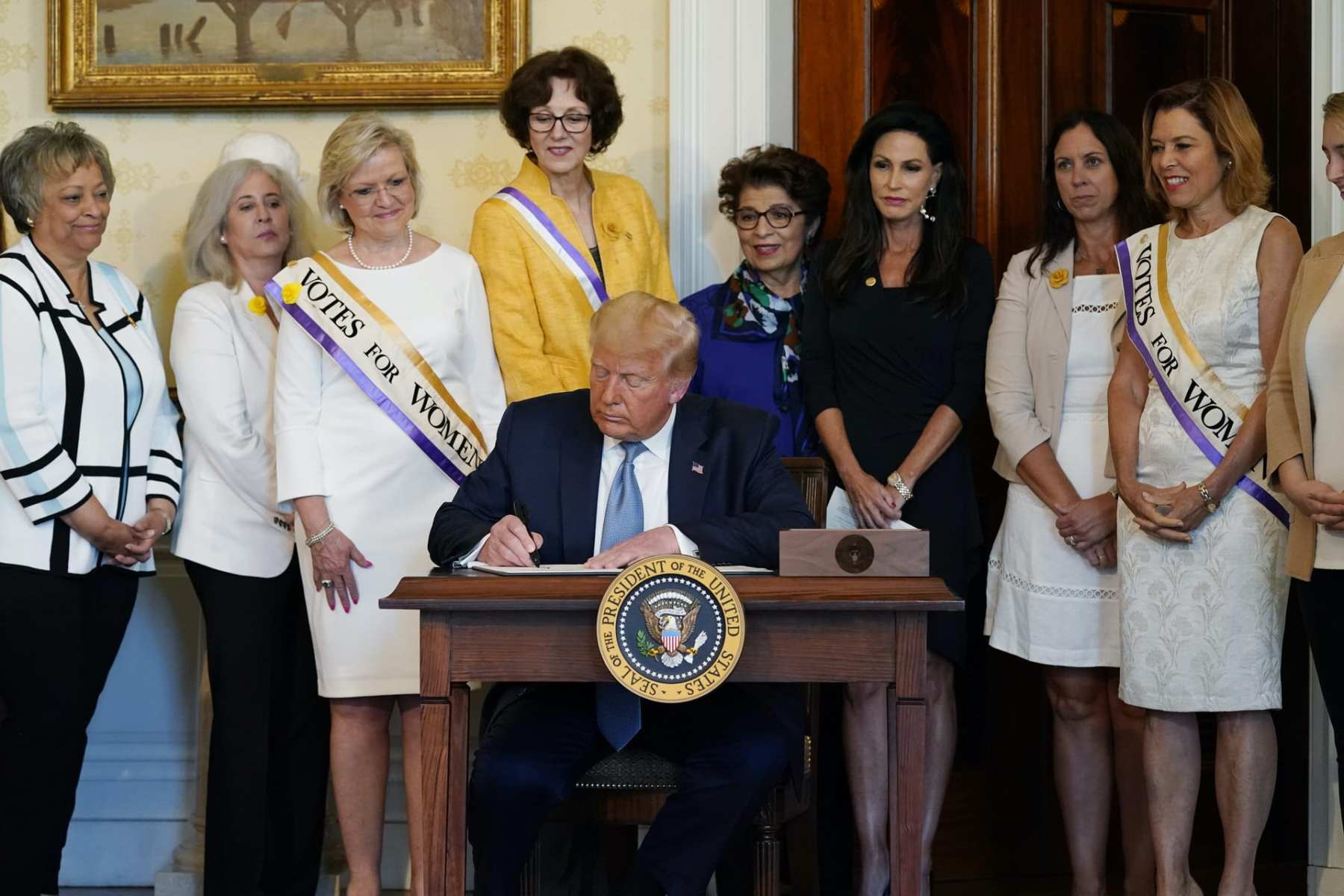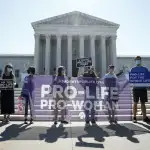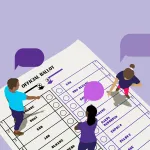The news on Tuesday that President Donald Trump would posthumously pardon Susan B. Anthony — a well-known leader in the women’s suffrage movement who was arrested after voting in 1872 — caught Ann Gordon off guard.
Gordon is considered a top historian on the writings of Anthony and Elizabeth Cady Stanton, another suffragist.
“It’s a ridiculous pardon,” said Gordon, a professor of history at Rutgers University who said she once talked a member of Congress out of calling for a similar pardon. “There’s no glory in this at all. They’re undermining her.”
Gordon, who has written about Anthony’s trial following her arrest, said Anthony did not want to be pardoned — she never believed she had done anything wrong. In fact, Anthony was “deeply dismayed” to learn her lawyer had paid her bail, added Karen O’Connor, a political scientist at American University who studies the politics of reproductive health care and has written about Anthony.
Trump’s pardon was announced on the 100-year anniversary of the ratification of the 19th Amendment, and on the second day of the Democratic National Convention. It’s likely an effort to appeal to women voters, who polling suggests overwhelmingly favor Trump’s November opponent, former Vice President Joe Biden, said Debbie Walsh, director of Rutgers University’s Center for Women and American Politics. Biden is scheduled to accept his party’s nomination later this week.
That focus appears to be on conservative women. Since the 1980s, many of them have tied Anthony to the nation’s anti-abortion movement despite a lack of historical support.
“There’s absolutely no evidence that Susan B. Anthony opposed abortion,” said Lisa Tetrault, an associate professor of history at Carnegie Mellon University and the author of “The Myth of Seneca Falls: Memory and the Women’s Suffrage Movement, 1848–1898.”
That has not stopped conservative women from claiming that Anthony would not support abortion if she were alive today.
Trump’s pardon, experts say, is an attempt to appeal to that critical portion of his base. The president made his announcement flanked by prominent anti-abortion women surrogates, including the president of the anti-abortion group Susan B. Anthony List and the head of the conservative Heritage Foundation, who also opposes abortion.
“The president has relied on voters who are conservative religiously on certain issues, and abortion is clearly the leading religious conflict between those who are more conservative in various faiths and others,” said Robert Blendon, a professor at the Harvard T.H. Chan School of Public Health who studies health policy and public opinion. “He’s trying to build up and hold the base and others who may be critical of other parts of his behavior, but on this, cannot vote for a candidate that is relatively in favor of pro-abortion choices.”
A majority of the president’s existing supporters approve of at least some new restrictions to abortion. A quarter want the procedure outlawed entirely. This January, Trump became the first sitting president to appear at the national March for Life, a major anti-abortion rally in D.C.
Historians noted that, despite her modern political persona, Anthony did not have public views on abortion. The false narrative is linked to an anonymous column in Anthony’s newspaper The Revolution. In a column titled, “Marriage and Maternity,” someone known only as “A” wrote about the guilt a woman must feel if she has an abortion. The passage includes: “… the woman is awfully guilty who commits the deed. It will burden her conscience in life, it will burden her soul in death.”
But historians like Gordon have highlighted that the column was about opposing efforts to criminalize abortion.
Tetrault said there is a mythology to Anthony, who she notes often signed her columns “SBA,” that conservatives have tried to leverage when they talk about women’s rights.
“That is such a long history, and lost in that is Anthony herself,” she said.
The spotlighting of Anthony also has racial components— context that further complicates the choice to pardon her. Anthony and Stanton are among the most well-known suffragists because early historians of the movement did not highlight the roles of Black women and other women of color in the women’s voting rights movement.
Lori Ginzberg, a professor of history and women’s studies at Pennsylvania State University and the author of “Elizabeth Cady Stanton: An American Life,” said Stanton and Anthony focused on White women in their push for women’s right to vote. That is reflected in a six-volume telling of the movement that largely ignored others who would not gain access to the ballot box for generations
“These White women came to think their own definition of women’s rights was the only universal one, and they just were unable and unwilling to see the moral complexity of other positions,” she said.
So the president’s emphasis on Anthony is in many ways unsurprising. Trump has hinged his re-election on White suburban women — who benefited immediately from the 19th Amendment in a way that Black women did not — and on voters who oppose abortion. (Abortion opponents made up a substantial portion of Trump’s 2016 support in the suburbs, health care pollsters said).
For many of those supporters, Blendon said, it’s a “litmus issue”: Even if abortion is not voters’ top priority, it’s an area where they will not back someone who doesn’t share their views.
The pardon is “a cheap trick to woo the White suburban moms during the Democratic convention that looked last night like it could have been a NOW or NARAL,” O’Connor said, referring to two lobbies that are vocally in favor of abortion access. “If he just wanted to mark ratification of the amendment, the emphasis would be on voting and list of guests assembled would have been quite different turning the most important constitutional provision affecting women into a pro-life mini rally.”
Still, the effectiveness of that strategy isn’t entirely clear.
But abortion opponents are only one portion of female electorate that Trump is trying to win over, Walsh argued. Speaking to them doesn’t necessarily address the concerns of that larger group.
“It’s to me a fundamental misunderstanding of how gender will play out in this election,” Walsh said. “It’s not about pardoning Susan B. Anthony. It’s about where does he stand on a whole host of issues that matter to women — including health care and the environment and education and how he is handling the pandemic. I think it’s really misguided in thinking this kind of symbolic pardon will have any impact.”




